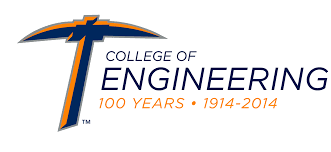Abstract
Increased fracking since 2011 has resulted in the transport of crude oil by rail (CBR) to refineries and ports across the US. Previous derailments of trains transporting CBR has resulted in dozens of deaths and polluted air, soil and waterways. A derailment of a train carrying crude oil in Baltimore could adversely impact roughly 165,000 residents. This project will deliver evidence-based characterization of CBR within Baltimore City. Specifically, we will: (1) characterize the periodicity and regulatory compliance of CBR train transit; (2) determine the temporal relation between CBR train traffic and volatile organic compound emissions at residential sites proximal to CBR corridors; and (3) develop lessons-learned and best practices suitable for other U.S. communities affected by CBR. This affordable, efficient, and adaptable protocol to understand CBR patterns will supplement the efforts of Baltimore City activists and promote community health and self-determination across the US.
Research Investigators (PI*)
Genee Smith*, Johns Hopkins University
Christopher Heaney, Johns Hopkins University
Gurumurthy Ramachandran, Johns Hopkins University
Project Information
Start Date: February 20, 2018
End Date: June 30, 2019
Status: Completed
Grant Number: 69A3551747128
Source Organization: CARTEEH UTC
Project Number: JHU-01-07
TRID URL
UTC Project Information Form
CARTEEH Focus Area
Transportation System, Alternative Technologies
Emissions and Energy Estimation
Exposure and Health Impacts
Policy and Decision Making
Sponsor
Office of the Assistant Secretary for Research and Technology
University Transportation Centers Program
Department of Transportation
Washington, DC 20590 United States
Performing Organization
Johns Hopkins University
Bloomberg School of Public Health
3400 N. Charles Street
Baltimore, MD 21218




